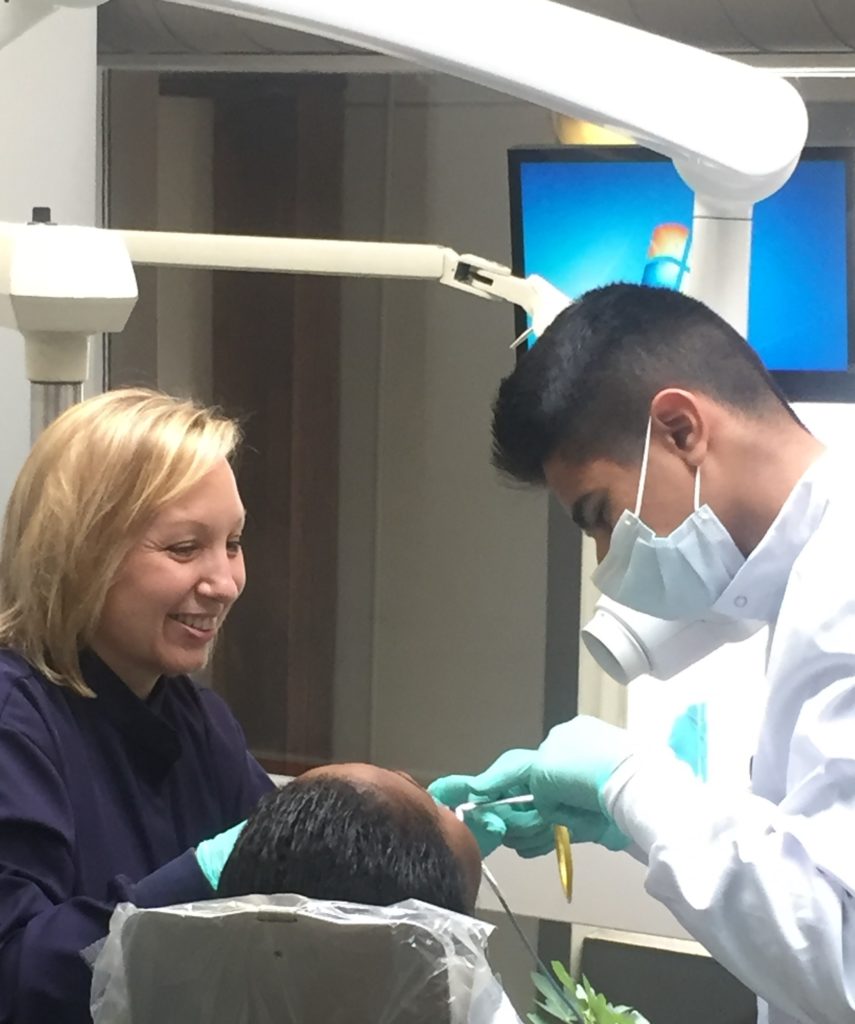
Increase Your Practice Value Through Team Learning
by Trina Poulsen, RDH, BSDH, Santiago Valdez, RDH
When was the last time you truly invested in your team? Not just lunch and uniforms but professional and personal growth. You may have a vision for your practice but how do you facilitate and guide your team towards continued growth? Do they take classes due to professional requirements or with intent? How many times have you returned from a continuing education course, workshop or seminar excited to use the skills and knowledge you learned to make an immediate impact in your practice only to hit a wall of discouragement by the inability to enact what you garnered. Frustrating isn’t it? It happens all the time. But why? Partly because we try to do this alone.
What does your team need to learn to take the practice to the next level? Is your team begging to learn or have you created a culture of status quo? Assess if your team members have the current knowledge to provide optimum oral health or are they just getting by with what they learned in school several years ago. We know from many studies that learning, growing and innovation is created from a culture within the practice. This step is important to identify as it aligns the entire team around common objectives. It’s common that practice owners spend most of the continued education resources on themselves. The simple fact is the more inspired, educated and skilled a team member is the more competent and productive they are for the practice. Recognize that lack of growth opportunities is one of the key reasons for employee turnover. Are you sending a message to your team that you value their learning and that you are investing in them?
Creating value in dentistry has been a challenge for dental professionals forever. We typically try and create value with the patients when the first thing we should be doing is creating value within the team. They need to see what you see. Often, team members will attend workshops alone and as a result have a difficult time either sharing everything they learned or implementing new skillsets when they return to the practice because the rest of the team has no buy in. When a team member returns from a workshop or seminar ask them for their take-aways and what they believe will add value to the practice. Utilize a shared decision-making model when it comes to meeting the educational needs of the team member and practice. Be curious and ask what the team member wants to learn and how they want to learn it.
Each practice has a set of individuals working together that have their own experiences, values, learning styles and set of expectations that create something very special only your practice can provide. Value can be established by helping everyone be the best version of themselves and fostering opportunities for professional growth. We have discovered that growing people in a practice builds trust, makes them more loyal as an employee and more willing to go the extra mile when they feel heard and their needs are met. Taking care of your employees requires you to ask them what they need and what will help them thrive.
Consider these questions when making choices about what courses to take:
- How will this course make a difference in the performance of the team on a daily basis?
- How will my patients be impacted with a higher level of care and wellness?
- Will this make me a better leader, teammate, business owner, professional?
- Will this inspire me to change my thinking about the way I am currently practicing?
- Will this give the practice a leading edge in the economy?
- Will this invite curiosity and fulfill ambition?
Creating a culture that values learning and improving increases the accountability of each team player in the practice. It aligns the team to the practice goals and creates a set of values and principles each team member can utilize to build a strong foundation for patient centered care. Providing a learning opportunity for team members not only benefits the team but also the practice owner. In helping individuals become their best selves we also help ourselves and we become a more effective leader. An investment in your team is an investment in yourself. At the next team meeting, take a moment and ask the team what they are curious about learning or providing as a service and you may find new opportunities for you and the practice. Plant the seeds and watch them grow!
